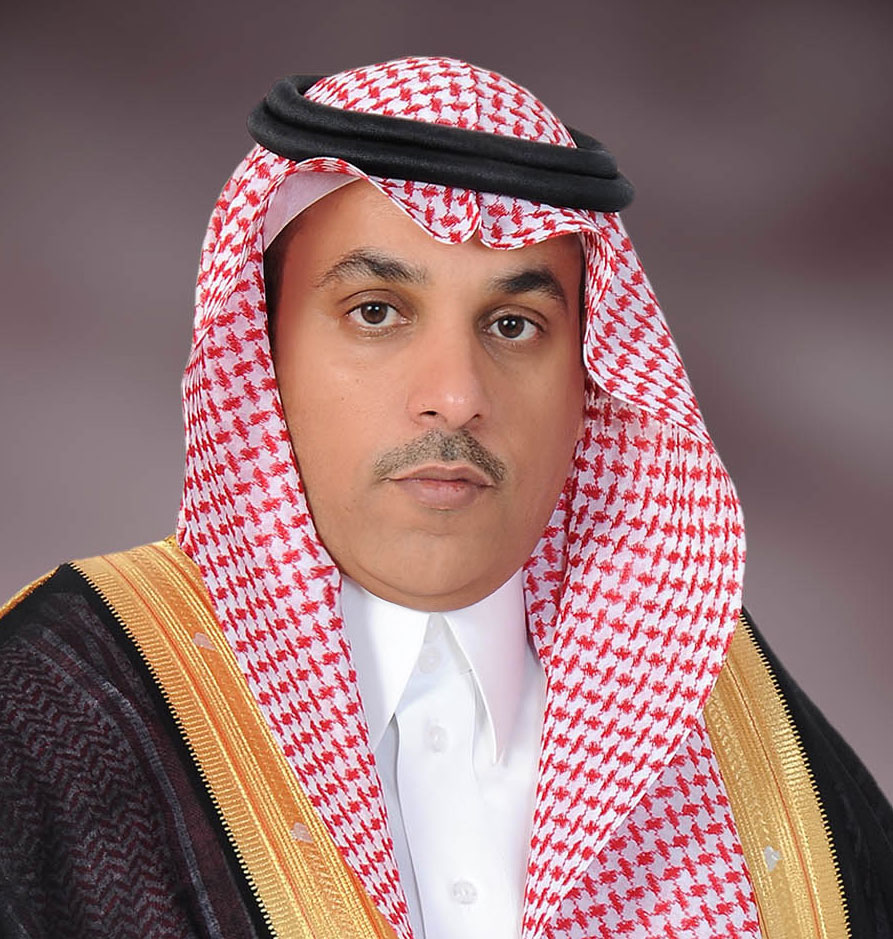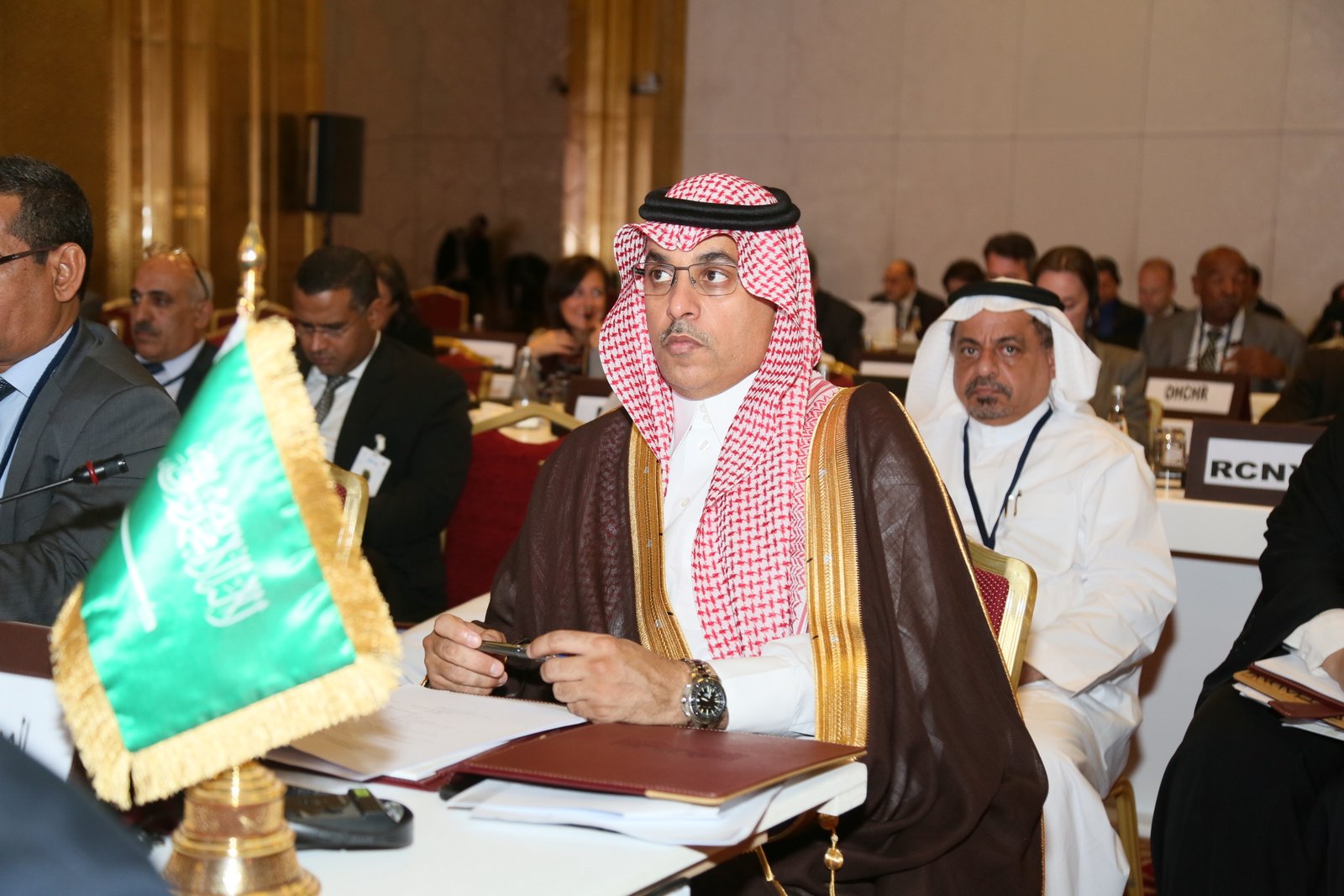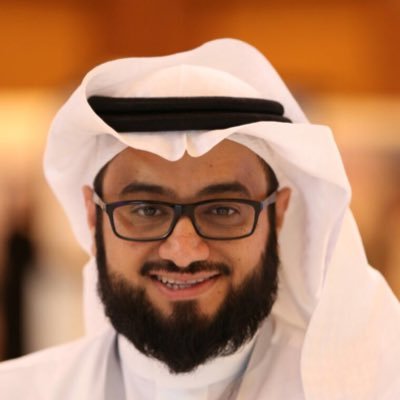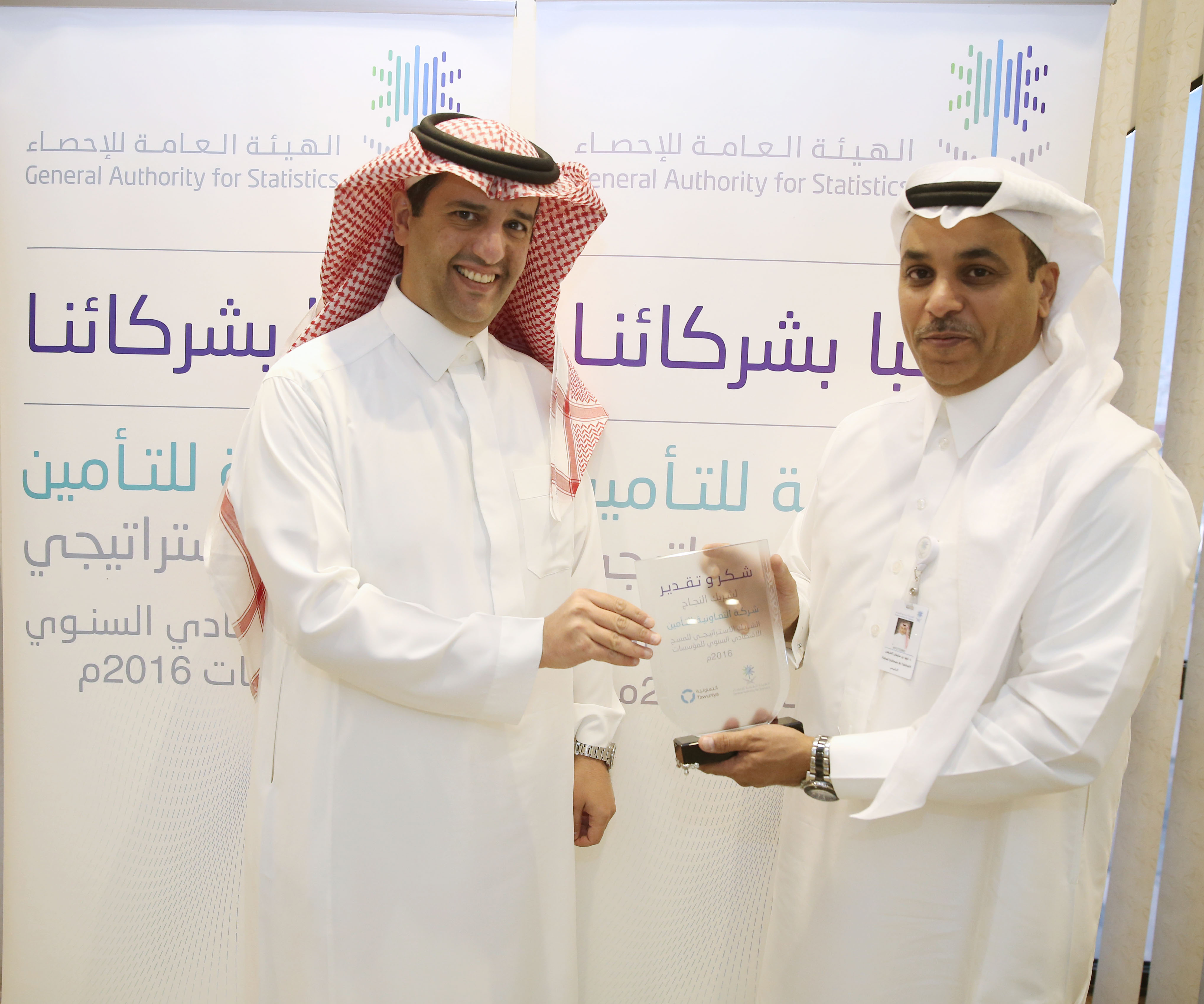
"المملكة" اتخذت خطوات فعالة لتنفيذ خطة أهداف التنمية المستدامة ٢٠٣٠ المقرَّة من الأمم المتحدة بما ينسجم مع خطط التنمية الوطنية وخصوصيتها
At the end of the 29th session of "ESCWA" held in Doha
Dr.Altekhaifi: the "Kingdom" has taken effective steps to implement the plan of the 2030 sustainable development goals approved by the United Nations in line with the national development plans
The United Nations Economic and Social Commission for West Asia (ESCWA) has recently ended its 29th ministerial session entitled "Implementing the Sustainable Development Goals of 2030 in Arab countries". Where the whole participants came together in order to implement the 2030 sustainable development plan, taking into account the particularities of the regions and its development priorities. The chairman of the Saudi Delegation participating in the Session, GaStat President, H.E. Dr. Fahad Altekhaifi mentioned that the Arab region countries faces multiple challenges in the implementation of the " the plan of the Sustainable Development Goals of 2030" approved by world leaders approximately year ago. These challenges include economical and social, political, developmental challenges. The most prominent of these challenges is the statistical challenges related to building indicators that measures the progress of the(17) goals and its (240) indices according to latest update in (May) 2016.
His Excellency explained that one of the most important factors that will help in the implementation of the sustainable goals plan is the state's ability to develop its development plans to adapt with the international plans, provided that they do not violate the Islamic shari'aa law and suits Saudi Arabia.
His Excellency assured that the Kingdom of Saudi Arabia worked in two tracks to implement the goals of the 2030 sustainable development approved by the United Nations: the first track is developing a governance to track the implementation of plan, and it was assigned to the Ministry of Economy and Planning who will be responsible of the management of this file, follow-up, coordinate with all government entities, assigning government entities to follow-up with the goals within their competence. In addition, GaStat builds these indicators through the expansion of statistical work implementation either through designing new statistical surveys, develop current surveys, or build indicators from the data collected from the records of other government entities. The second track that Saudi Arabia worked on is developing its national development plans (Saudi Vision 2030), and connect it to the global plans(sustainable development plans). The 20130 Saudi vision and its (13) programs such as 2020national transformation program, government entities restructuring, projects managing program and other programs, and its (24) indicators, took into account the compatibility with the goals of sustainable development.
On the other hand, Dr. Altekhaifi stressed the Doha announcement in the end session of the 29th meeting of ESCWA to invite all States to provide adequate support to update statistical systems to produce data necessary to measure the progress in achieving the goals of sustainable development. Furthermore, promote dialogue between policy makers and data producers and users to record progress in implementing national and international plans. Finally, support the initiatives of some Arab countries to for the adoption of national strategies for the development of statistics.

د. فهد التخيفي : الانتقال إلى مجتمع المعرفة يعزز التنمية المستدامة في المملكة
As the Chairman of the Saudi Delegation in the ESCWA Ministrial Session
Dr. Altekhaifi: the transition towards a knowledge-based society promotes sustainable development in the Kingdom
H.E. Dr. Fahad Sulaiman Altekhaifi, GaStat President, assured that the Kingdom of Saudi Arabia has completed remarkable steps towards achieving the millennium goals of sustainable development and has developed a strategy for total development under the framework of its 2030 Vision.
This came during the 29th ministerial session of ESCWA entitled "Implementing the Sustainable Development Goals of 2030 in Arab countries", held in Doha,Qatar. HE GaStat President chaired the Saudi delegation participating in this session. He clarified that the Kingdom has made deliberate steps towards achieving the goals of sustainable development, where all conditions are prepared to achieve its goals of growth rates, average income increasing, promote the transition towards a knowledge-based society. This can be made through multiple strategies such as those based on economic diversification, sovereign investment funds, support the private investment initiatives, invest in quality education, research and development, health facilities, public services, and international and regional agreements. He added that the entire government systems in the Kingdom works on increasing the development of national and regional institutions, and enhance coordination efforts, enhance the flexibility of public institutions in developing governance strategies.
On Tuesday, The United Nations Economic and Social Commission for West Asia (ESCWA) held its 29th session for senior officials, in the presence of representatives from member states and non-member states in international and regional organizations and committees.
ESCWA is one of the five United Nations' regional commissions, and is a part of its general secretariat. It works under the supervision of economic and social council in order to support the economic and social cooperation between the region countries and promotes the development process in order to achieve regional integration.
Its membership compromises of 17 member states which are: Saudi Arabia, Bahrain, Egypt, Iraq, Jordan, Kuwait, Lebanon, Libya, Morocco, Oman, Palestine, Qatar, Sudan, Syria, UAE, Tunisia and Yemen.
The ESCWA ministerial session is held every two years with the participation of the commission member states representatives on the mistrial level and representatives from United Nations' organizations and programs in addition to United Nation member states who are not member of ESCWA.

الهيئة العامة للإحصاء: 5,382 مصوِّر يعملون في 2,415 محل تصوير فوتوغرافي في السعودية
Within the new bundle of cultural indicators
GaStat: 5,382 photographers work in 2,415 photography studios in Saudi Arabia
On Sunday, 12 Rabī‘ al-awwal 1438 corresponding to December 11, 2016, GaStat issued its indicator about the number of photography studios and its workers from 2011 to 2015 in all administrative regions of the Kingdom which has reached 2415 studios with 5382 photographer and workers.
The indicator issued by GaStat showed that Makkah region is in the lead by number of photography studios and its workers for the last five years. The number of studios in Makkah region has reached more than 802 in 2015, while Riyadh region is the second largest area after Makkah in the number of operators and photography studios which has reached more than 640 studios with more than 1400 worker in 2015.
GaStat's spokesman Taiseer Almofarrej explained that the photography indicator is considered one of the most important cultural indicators, and it measures the changes in number of shops that photograph people, number of photographers, and number of workers annually. The indicator reflects the development in photography activity in different regions of the Kingdom.
Almofarrej stressed that GaStat was keen to launch its indicator today to cope with the events of "colors of Saudi Arabia forum" to shed light on this activity. He also added that after the launch of any indicator, GaStat begin its assessment in order to develop the indicator with the collaboration of relevant entities. One of these indicators is the photography as one of the most important cultural indicators, in addition to the fact that photography field is one of the attractive fields to work in especially with the development of photography tools and the increasing demand on photographers, and the impact of images on media, art and culture particularly with the spread of social media. Knowing that the indicator does not include amateur photographers or who works independently as the indicator relies on record data from relevant entities.

الهيئة العامة للإحصاء تكرم التعاونية للتأمين
For its role in raising statistical awareness within the economic survey
GaStat honours Tawuniya
H.E. Dr.Fahad Altekhaifi, the President of the General Authority for Statistics (GaStat), expressed his thanks to Tawuniya insurance company for supporting the operations of the economic survey of establishments (2016) that aim to support statistical awareness programs.
H.E. GaStat President stressed that giving the opportunity for the private sector to sponsor specialized surveys and research comes within the framework of enabling the support of statistical awareness, in which Gastat aims to raise the awareness of any research or study targeted groups to the importance of the information provided and its role in supporting relevant development decisions. He added that the private sector in the Kingdom of Saudi Arabia realizes its societal role and offers a number of supporting initiatives to achieve the goals of government agencies.
Dr. Altekhaifi explained that in this year, GaStat conducted its periodic economic survey through a series of economic research and surveys in order to provide detailed economic data of all establishments in the private and public sector and non-profit organizations to prepare indicators that help in recognizing the economic activities growth rate. More than 650 statistical researchers collected the data of 33,500 establishments in all regions of the Kingdom in order to obtain detailed economic data related to different aspects of the establishment.
Mr. Raed bin Abdullah Al-Tamimi, Tawuniya CEO, expressed pride in the strategic collaboration with GaStat through his visit to GaStat. He clarified that this sponsorship is part of the initiatives of Tawuniya to support the statistical awareness of the Saudi society because of the importance of its results in the development of the private sector. Mr. Al-Tamimi expressed his thanks to Gastat for giving them the opportunity to contribute in achieving the objectives of economic statistical products that supports the economic projects.
Mr. Al-Tamimi added that Tawuniya, as the leading insurance industry in the Kingdom, supports the economic projects especially small and medium enterprises and national authorities to complete the initiatives that have a positive impact on the society and insurance sector. He noted that Tawuniya has a great experience in insurance practices and provides a variety of insurance solutions that meet the needs of all business sectors, drawing attention that this approach is in line with the 2030 Saudi Vision.
Al-Tamimi asserted the importance of providing economic information about economic establishments to support decision makers in drawing a clear roadmap that contributes in implementing the goals and plans of the national transformation program. This program supports the role of economic establishments especially small and medium establishments in the GDP at a rate of up to 25% in 2020, which will contribute to reduce the dependence on oil and diversify sources of income.
